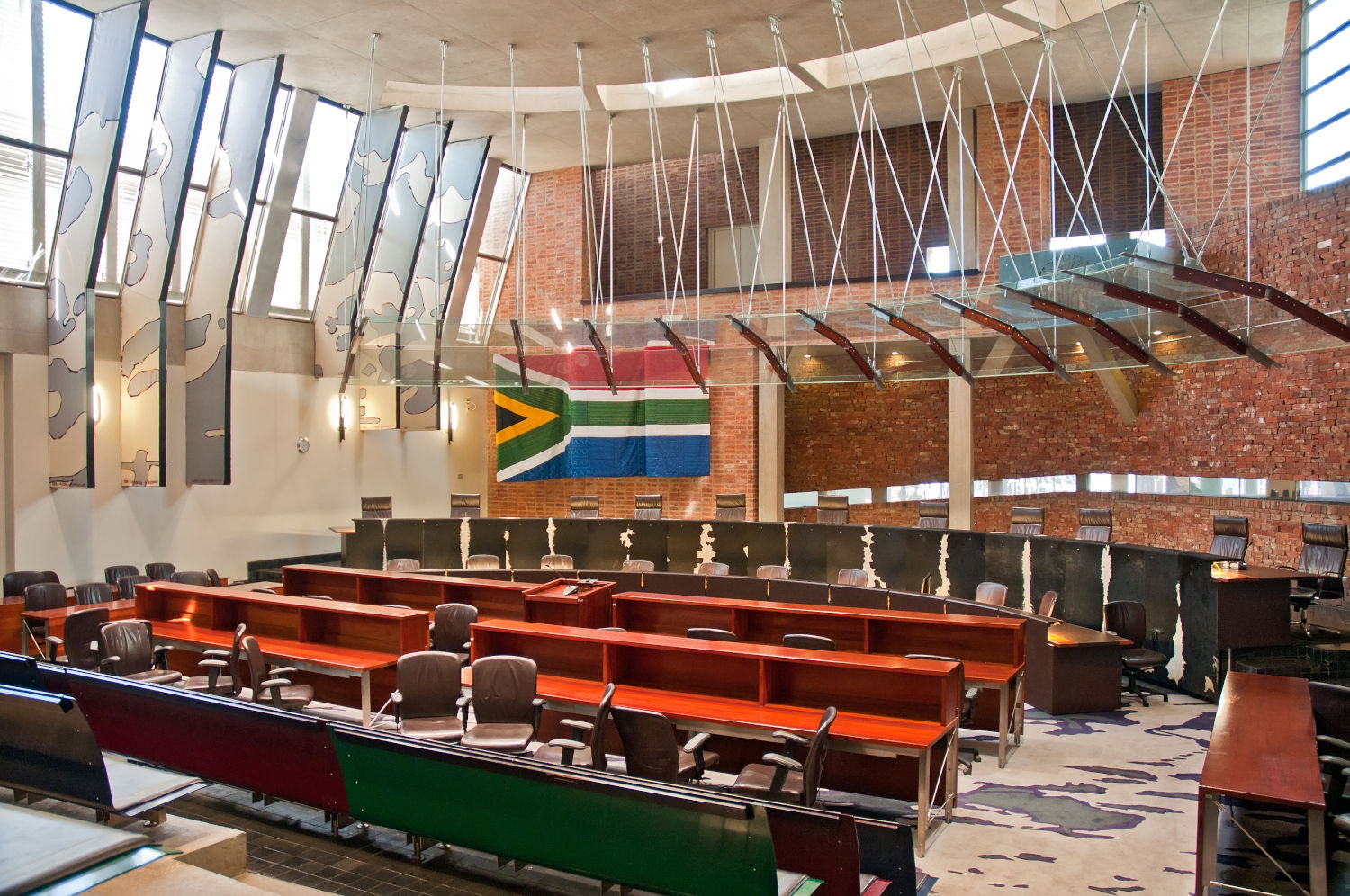Africa
Based in Johannesburg, South Africa, our Africa Regional team works with judges, practising lawyers, academics, civil society, politicians and government representatives and agencies, to improve the rule of law and entrench the respect for human rights across Africa.
We have supported a range of standard setting initiatives on the continent and worked with local human rights and rule of law groups and individuals to raise serious human rights and rule of law concerns at national, regional and international levels. We organise continuing judicial/legal education for judges and legal professionals and have helped in providing protection for judges and legal professionals who found themselves at risk for practising their profession.
We work to combat impunity for gross human rights abuses through accountability and access to justice for the victims of such violations through domestic, regional and international legal mechanisms.
Our team intervenes in strategic litigation cases in multiple jurisdictions, engages in trial monitoring and supports domestic and regional advocacy initiatives.
We also strengthen the capacities of judiciaries, legal professionals, lawyers bodies, victims and human rights defenders on remedial approaches for gross human rights abuses.
Finally, we promote electoral justice, so that elections conform to the principles of the Rule of Law and that give effect to the political rights of voters.
We denounce the use of violence as a means for resolving electoral disputes and encourage the establishment of credible judicial and non-judicial mechanisms to resolve electoral disputes. This includes election observation, training, assessments/studies and promotes dialogue on standards and principles relating to free and fair elections.

